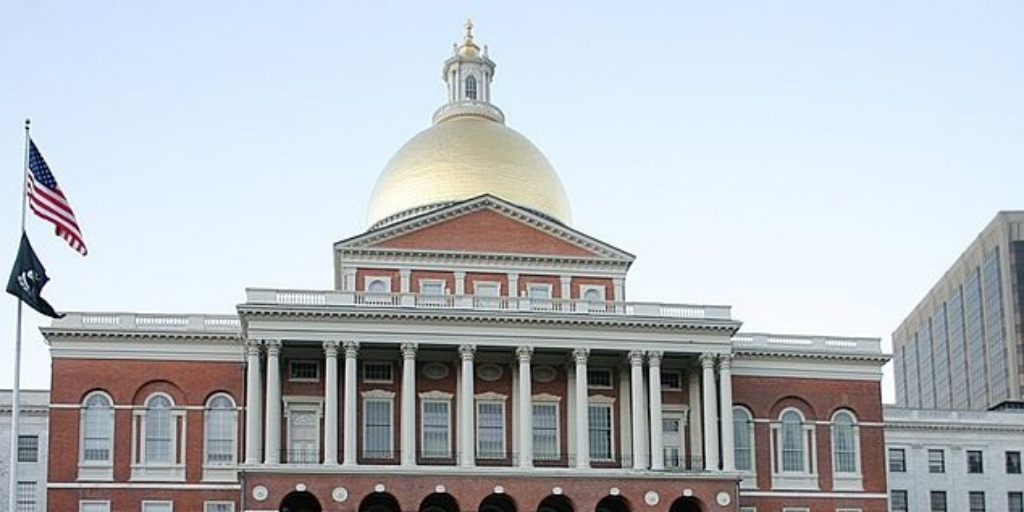- Office of the State Auditor
Media Contact
Noah Futterman

Boston — Today, State Auditor Suzanne M. Bump’s Office released an audit of the Bureau of the State House (BSH) suggesting improvements in the administration of the State House Special Events Fund (SEF). The audit, which examined July 1, 2017 through December 31, 2019, found BSH could not substantiate that all transactions over $1,000 from the SEF had been approved by the Joint Committee on Rules, which is required by state law and BSH policy. The audit recommends that BSH make sure it seeks approval for all SEF expenditures and that it properly documents these approvals. In its response, BSH stated that it has begun to take steps to address the audit’s concerns.
“My office has a deep appreciation for the Bureau of the State House and their work to maintain the integrity and public accessibility of a historic landmark, and it is our hope that the findings and recommendations in this audit will help the Bureau put in place a more effective administrative process and better internal controls over its special events revenue,” Bump said. “I’m encouraged by their response and the initial steps they’ve taken thus far.”
Of the SEF expenses reviewed, BSH could not provide documented approvals from the Committee on Rules for 10 expenditure transactions totaling $63,948. This lack of approvals means that lawmakers may not have been aware of these expenditures. The audit also notes that client fees for holding special events at the State House were not always collected by BSH. In addition, there were small variances (a total of $6,700 during the audit period), between what was recorded as revenue in BSH’s accounting records and what was reported by BSH in the state’s accounting system. The audit called on BSH to develop an electronic process for filing and retaining both electronic and hardcopy approvals of Committee expenditure approvals, to properly segregate the duties of the staff involved in the administration of this fund and to perform regular reconciliations of the revenue collected in this fund.
BSH was initially established within the Executive Office for Administration and Finance. In 2012, there was a restructuring and most of the Bureau of State Office Buildings’ facility-management operations (all except its State House responsibilities) were integrated into the Division of Capital Asset Management and Maintenance. BSH was created to perform facility management for the State House. BSH’s mission is to work with the Executive Office, the State Legislature, state agencies, and the state’s Historical Commission in preserving, maintaining and restoring the state capitol. The Bureau seeks to efficiently provide a safe, accessible, clean and secure seat of government, place of business, museum of art and history, as well as a site for public congregation.
The full audit report is available here.
###